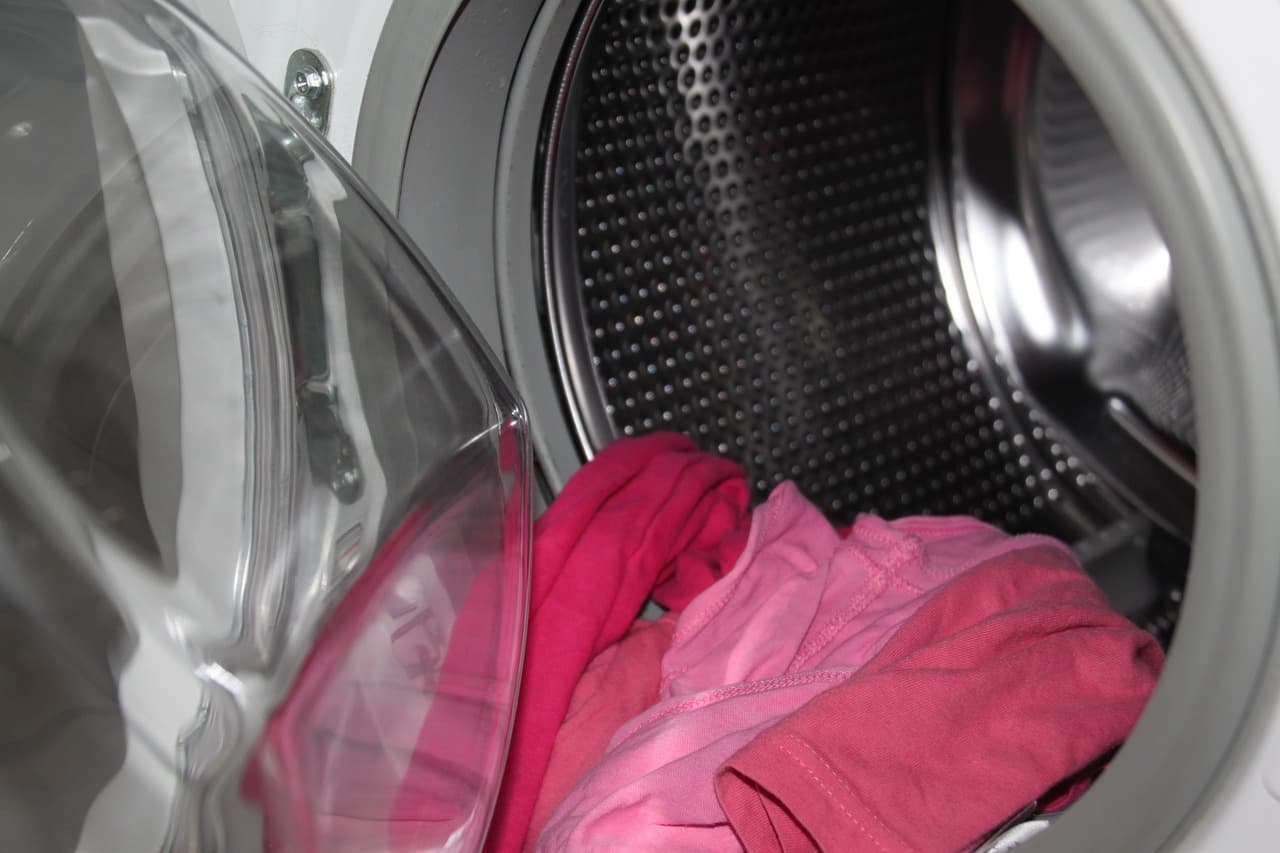6 in 10 households with dynamic energy contract turn washer on only during cheap hours
More and more Dutch people with dynamic energy contracts are smartly adjusting their energy use.
Published on November 18, 2024

Team IO+ selects and features the most important news stories on innovation and technology, carefully curated by our editors.
More and more Dutch people with dynamic energy contracts are smartly adjusting their energy use. Research by energy company Zonneplan among 1658 dynamic energy users shows that more than six in ten often or always turn on their dishwasher and washing machine during the cheapest hours of the day. Charging electric cars is done even more consciously: almost 90 percent almost always choose the cheapest times for this.
With dynamic energy contracts, electricity prices fluctuate hourly, with lower rates in the afternoon and at night. This offers households opportunities to save on energy costs by using large consumers, such as the washing machine and dishwasher, at strategic times. Many users use timers for this purpose to delay use. However, smaller tasks, such as vacuuming and cooking, are often still performed at times that are most convenient, without paying attention to the hourly rate.
,Adjustment to hourly prices is not so bad
“Many people think that you have to constantly keep an eye on prices if you have a dynamic contract, but in practice, this is not so bad,” says Frank Breukelman, spokesman for Zonneplan. This also emerges from the survey: over half of those surveyed indicated that adjusting to changing electricity prices takes little to no effort on their part. For another quarter it is “reasonably” doable. Only a small group of eight percent experience tracking prices as (very) much effort.
Only one in nine is concerned with energy consumption
While dynamic contracts offer advantages, Zonneplan also asked about perceived disadvantages. Only one in nine participants said they are too preoccupied with their energy consumption. Almost forty percent see no disadvantages at all. The most frequently mentioned was that the value of returned solar power can be lower than the price for purchased power. “However, that far outweighs the fact that with a dynamic contract, you pay no feed-in costs,” Breukelman said.
In practice, Zonneplan sees that in the first few weeks with a dynamic contract, customers often still follow prices intensively. Soon, however, they discover that it is enough to only smartly direct large consumers to save. Even without constant attention, dynamic contracts often remain more advantageous because they lack the risk margins associated with fixed and variable contracts. This makes it a smart choice for those who want more control over their energy costs.
